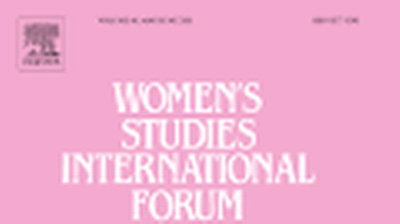The Political Economy of Governance in Malawi
This 3-year interdisciplinary project (2014-2016) - comprising sociology, political science and social anthropology - intends to contribute to an improved understanding of Malawi's political economy by studying the functioning of three selected institutions as well as their inter-relationships: the civil service at the central level, traditional authorities at the local level, and faith-based organizations in civil society. While emphasizing the interaction between these institutions, separate institutional analyses will be conducted in their own right and as critical inputs to the overall study of the dynamics between them. Beyond the investigations of each institution at its respective level, the analyses will be informed throughout by two cross-cutting thematic concerns: corruption and gender relations. By applying historical economy as an approach and historical institutionalism as the analytical framework, the overall research questions include: (a) why do recent public sector reforms seem not to have influenced the civil service significantly in a positive vein? (b) which mechanisms explain the resilience and strengthening of traditional authorities? and (c) how do faith-based organizations influence national as well as local politics? The project is designed in close collaboration between the Centre for Social Research at Chancellor College and the Chr. Michelsen Institute. Data collection, analysis and publication will be undertaken jointly by researchers from both partner institutions. A highly competent reference group will provide regular advice and support throughout the project's duration. Outputs will include academic articles as well as policy-oriented briefs. Furthermore, dissemination events will be organized for the benefit of aid agencies and Malawian stakeholders in the civil service, traditional authorities and civil society, as well as the general public.
The primary objective of the project is to produce new knowledge on governance and power relations in Malawi, with institutional emphasis on the civil service (central level), traditional authorities (local level) and faith-based organisations (civil society). Cross-cutting concerns such as corruption and gender relations will inform analyses at all levels. The provision and dissemination of new knowledge about Malawi's political economy is expected to contribute to improving governance and enhancing democratic practice. The primary objective of the project is to produce new knowledge on governance and power relations in Malawi, with institutional emphasis on the civil service (central level), traditional authorities (local level) and faith-based organisations (civil society). Cross-cutting concerns such as corruption and gender relations will inform analyses at all levels. The provision and dissemination of new knowledge about Malawi's political economy is expected to contribute to improving governance and enhancing democratic practice. The secondary objective of the project is partly to contribute to enhanced and increased research capability in Malawi on social and political conditions, and partly to reproduce and strengthen the competence in Norway on Malawian affairs. Reaching this objective will lay the ground for developing further the collaborative research relationship between the Centre for Social Research and the Chr. Michelsen Institute which dates back to 2003.





